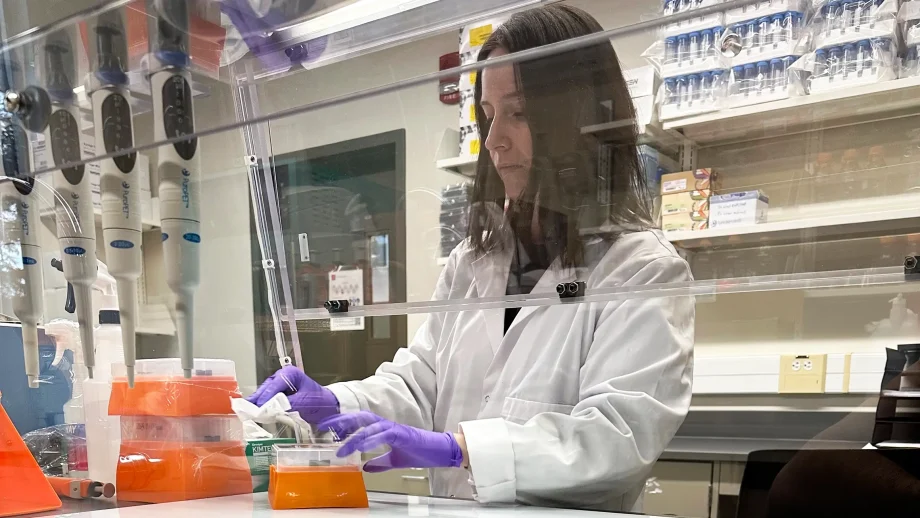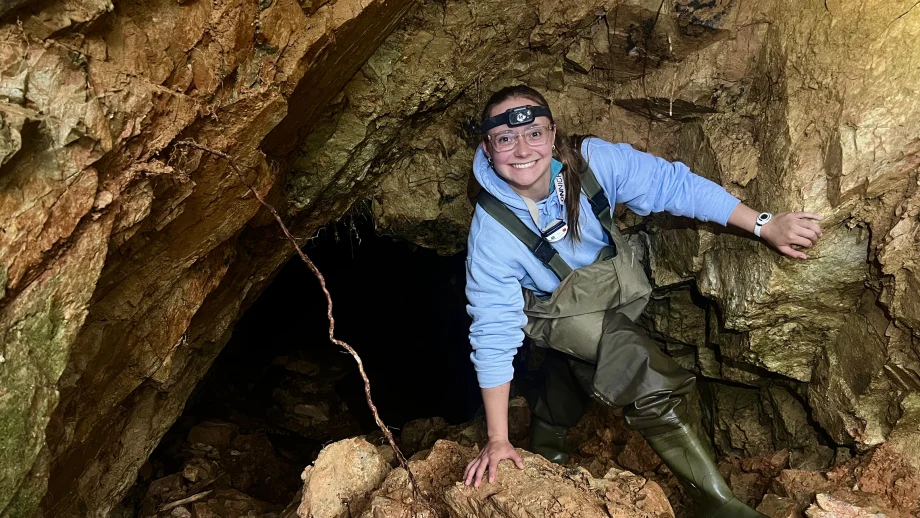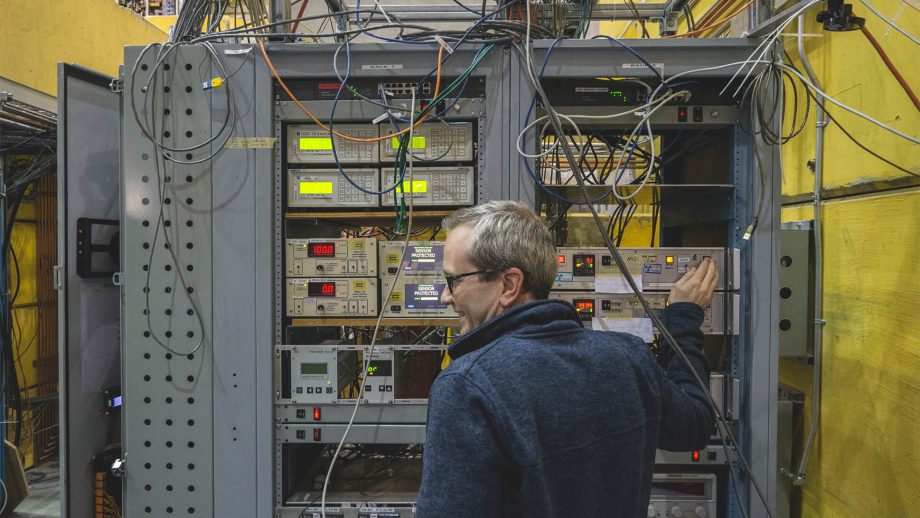Dr. Qian Liu is an Assistant Professor in UWinnipeg’s Department of Applied Computer Science. Dr. Liu’s research brings AI deep learning research to healthcare – using it to help solve chemical or biological problems, especially for breast cancer, COVID-19, and rheumatoid arthritis.
If the physician trusts the model, they might use the model more often, possibly improving early diagnosis or diagnosis of specific diseases.
Qian Liu
With a 2024 Natural Sciences and Engineering Research Council of Canada (NSERC) Discovery Grant + Discovery Launch Supplement, her latest research uses mathematic and statistic theories to help improve the performance of the deep learning model.
“For breast cancer we can have a mammogram – this is kind of an X-ray-based image – and we can have an MR of the breast,” Dr. Liu explained. “You read them on the computer, and you can see the black and white contrast of this image visualization. But, behind this image, they are all numbers.”
In this example, the data behind the X-ray or MR image gets put into a deep learning model. There, the computer could detect a very small tumor, which might not be visible to the bare eye.
“Bringing statistics to deep learning will increase the performance while providing more explainability to the model,” Dr. Liu said. “If the explainability increases, physicians might be able to better explain it to their patients. If the physician trusts the model, they might use the model more often, possibly improving early diagnosis or diagnosis of specific diseases.”
Dr. Liu’s deep learning model will also be able to handle multi-model inputs, such as images, genomics, or text – for example, an electronic medical record or doctor’s notes – as different branches of input.
At UWinnipeg, Dr. Liu hopes to build an AI and informatics centre, which she hopes would include a high-performance computing cluster.
“We have a strong computer science department,” she said. “A lot of our professors in other departments, like chemistry, biology, and physics, are doing informatics analysis and they all need supercomputers to analyze that data. So, I hope I can build an AI and informatics centre to help with their data analyses.”
February 11 is the International Day of Women and Girls in Science. The University of Winnipeg is honoured to have women like Dr. Liu, and many more, making outstanding contributions to scientific research through their work and studies at UWinnipeg and in the community.






